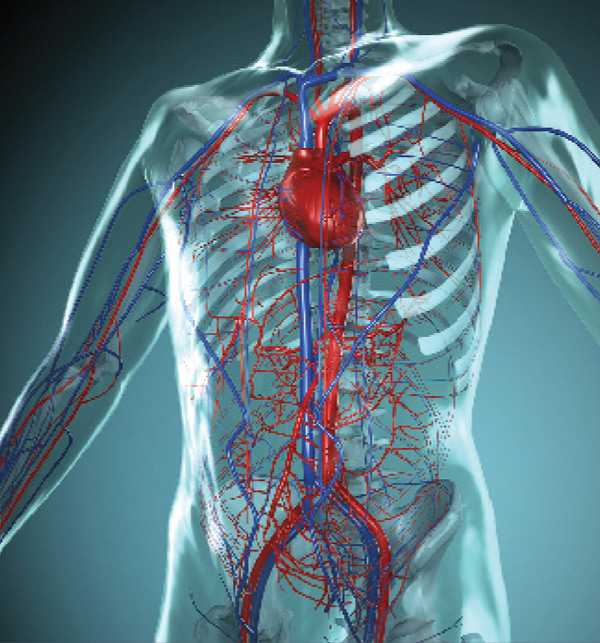AUA Updates its Position onTestosterone Therapy
 In March the FDA released a drug safety communication requiring manufacturers of testosterone products to add labeling information about a possible increased risk of heart attack and stroke. In its updated statement, the AUA says that there is conflicting evidence about the impact of testosterone therapy on cardiovascular risks. Current evidence does not provide any definitive answers regarding the risks of testosterone therapy on prostate cancer and cardiovascular disease, and patients should be so informed.
In March the FDA released a drug safety communication requiring manufacturers of testosterone products to add labeling information about a possible increased risk of heart attack and stroke. In its updated statement, the AUA says that there is conflicting evidence about the impact of testosterone therapy on cardiovascular risks. Current evidence does not provide any definitive answers regarding the risks of testosterone therapy on prostate cancer and cardiovascular disease, and patients should be so informed.
The FDA also said that the benefits and risks of testosterone therapy for agerelated low testosterone are not clearly established. The AUA disagrees, stating that testosterone therapy is an appropriate treatment for patients with clinically significant hypogonadism, including those with idiopathic clinical hypogonadism that may or may not be age-related, after full discussion of potential adverse effects.
What is hypogonadism?
Hypogonadism is defined as biochemically low testosterone levels in the setting of a cluster of symptoms, which may include reduced sexual desire (libido) and activity, decreased spontaneous erections, decreased energy and depressed mood. Men with hypogonadism may also experience reduced muscle mass and strength and increased body fat. Hypogonadism may also contribute to reduced bone mineral density and anemia.
The AUA cautions that the management of hypogonadism should start with careful evaluation by a physician experienced in diagnosing and managing patients with the condition. Many symptoms of low testosterone are non-specific and may not be necessarily linked to hypogonadism alone. Testosterone therapy should not be used in the absence of hypogonadism, and patients on testosterone should continue follow-up with their physicians.
The AUA believes there is a there is a “critical need” for more federal and industry funds for research to better understand hypogonadism and improve treatments.
Previous issues of QUEST have reported on the controversy over testosterone therapy. See “FDA Update on Testosterone Replacement Therapy” (Spring 2015, page 12), “The Debate Continues: Cardiovascular Risks of Testosterone Therapy” (Summer/Fall 2014, page 7), and “Testosterone Therapy and Risk of Cardiovascular Events” (Spring 2014, page 3).











